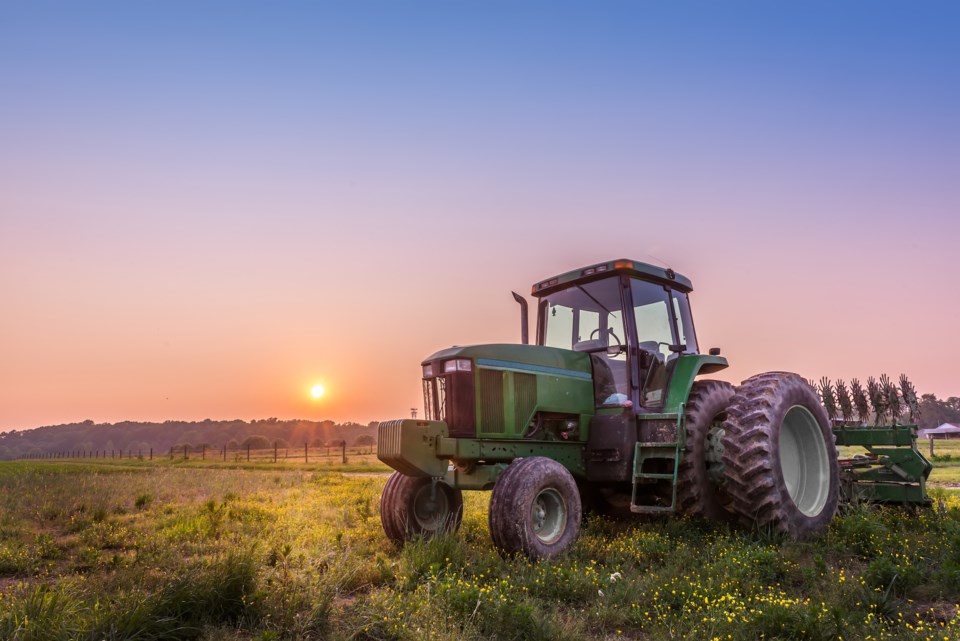GuelphToday received the following letter about land tenure.
In Indigenous communities, the ongoing tenure of land has been relational and inter-dependent over generations, bioregions and species. In nation states, specific areas of land, often rectangles, are parcels owned by an individual, family, corporation or government, until sold.
King Lear expected to bask in the glory of the kingdom he had inherited and strengthened. His older daughters accepted that he could live in their castles, as he chose, with 100 knights of his own. However, relationships deteriorated, they reneged and released his knights, saying he didn’t really need them. The succession plan collapsed.
In the 2023 Stratford production, Paul Gross, as the distraught King Lear, humiliated by his precipitous collapse in living standards, roared, “O reason not the need!” I heard the echo all the way home. Similarly, my two-and-a-half year old grandson will declare, “I need a muffin,” completely merging needs and wants.
Farm succession is partially motivated by a love of family and land in both generations. Despite tensions between generations and varying expectations, succession works well in some cases.
Today, many farms are aggregated parcels of land with equipment, infrastructure and perhaps quota, often incorporated, even if family run, and may not include the original family homestead.
Land prices are increasing with pressure from investors (Bill Gates, certainly not a farmer, owns more farmland than anyone else in the U.S.) and from supply management farmers in Canada who buy extra land because they cannot purchase more quota. Land prices based on questionable assumptions about ongoing increases are now excluding dedicated food producers and rewarding speculators. Rented land may provide profits in some years, but it limits long term planning.
Retiring farmers want to protect their hard-earned legacy and ensure a comfortable retirement (even if without 100 knights), after accounting for capital gains taxes. They may resist no longer having the last word.
Young farmers want some scope to earn a living as they envision it. They require enough financial heft to face future challenges of increasing weather variability, rising costs and land prices and the precarity of markets and supply chains. However, some may accept succession as an obligation and stoop under heavy debt burdens or feel constrained with poorly defined or shifting roles in a family corporation.
Succession may hit potholes of expectations of equal inheritances by non-farming siblings or conflicts between too many siblings who aspire to farm on too little land or a business which is larger than preferred by the younger generation. Farmers of both generations, independent and self-motivated by nature, may also have bristles to smooth.
It can be tempting to sell out, divide the cash and move on.
There should be other options for land tenure. Youth who want to farm can discover their passion in urban households, without access to land. Some who grow up on farms want to proceed quite differently than their parents.
What if a farmer could offset capital gains taxes from a land sale, by designating 50 to 100 acres of the total sale, to a small farm with covenants? The buyer of covenanted land would pay 10% per acre of the market value land. The seller could use that discounted sale price on covenanted land to offset capital gains on market value land.
I recommend covenants that include mandatory plans to measure and document soil organic matter levels, nutrient management, drain water quality, biodiversity and financial profitability. The covenants would include a specific definition of ‘farming,’ including farmgate sales of food, but excluding farmgate sales of feed grain crops, concentrated animal feeding operations and luxury estates.
Appropriate organizations to select eligible buyers and to administer these land covenants, with commensurate provincial government financing, could be provincial Soil and Crop Improvement Associations, the Agricultural Land Commission in BC, SaskSoil and Ontario Farmland Trust.
I assert that talented, aspiring farmers should have options for land tenure to make a living, doing what they love, to serve the public good. My grandson can rightly declare, we need land tenure for future farmers committed to healthy food from healthy ecosystems.
Ralph C. Martin, Ph.D., Professor (retired), University of Guelph, www.ralphmartin.ca
